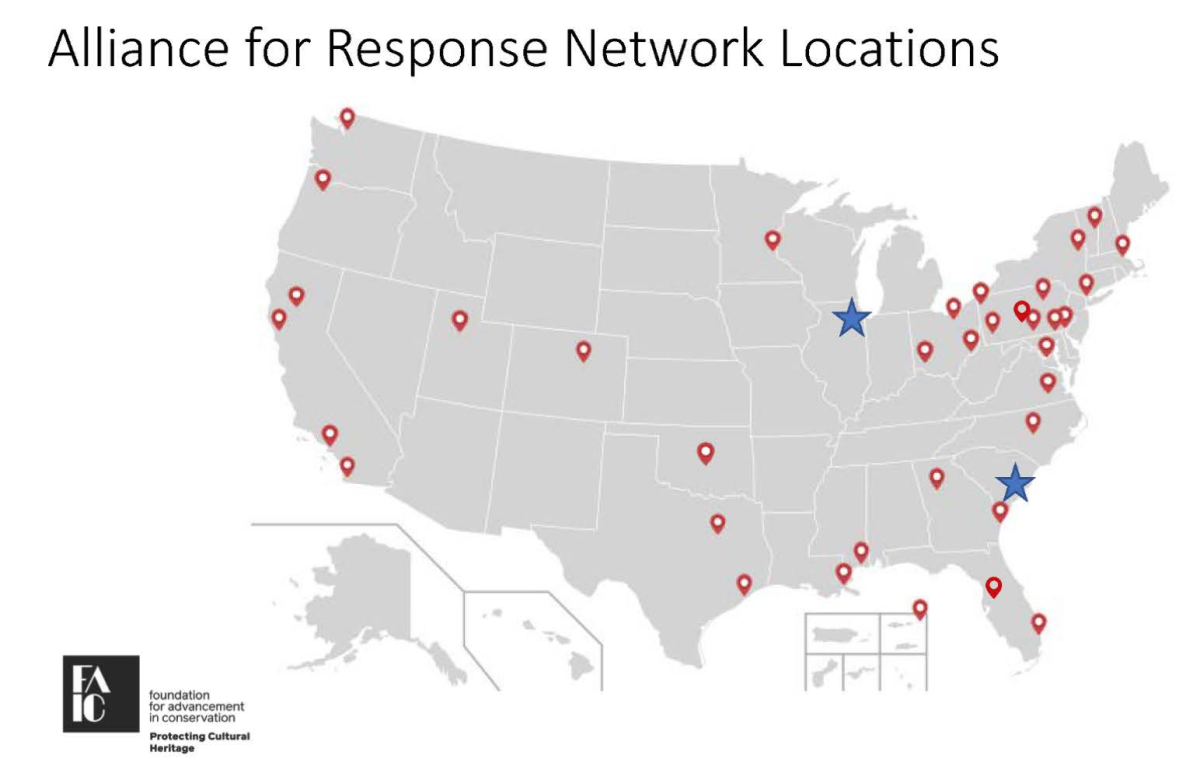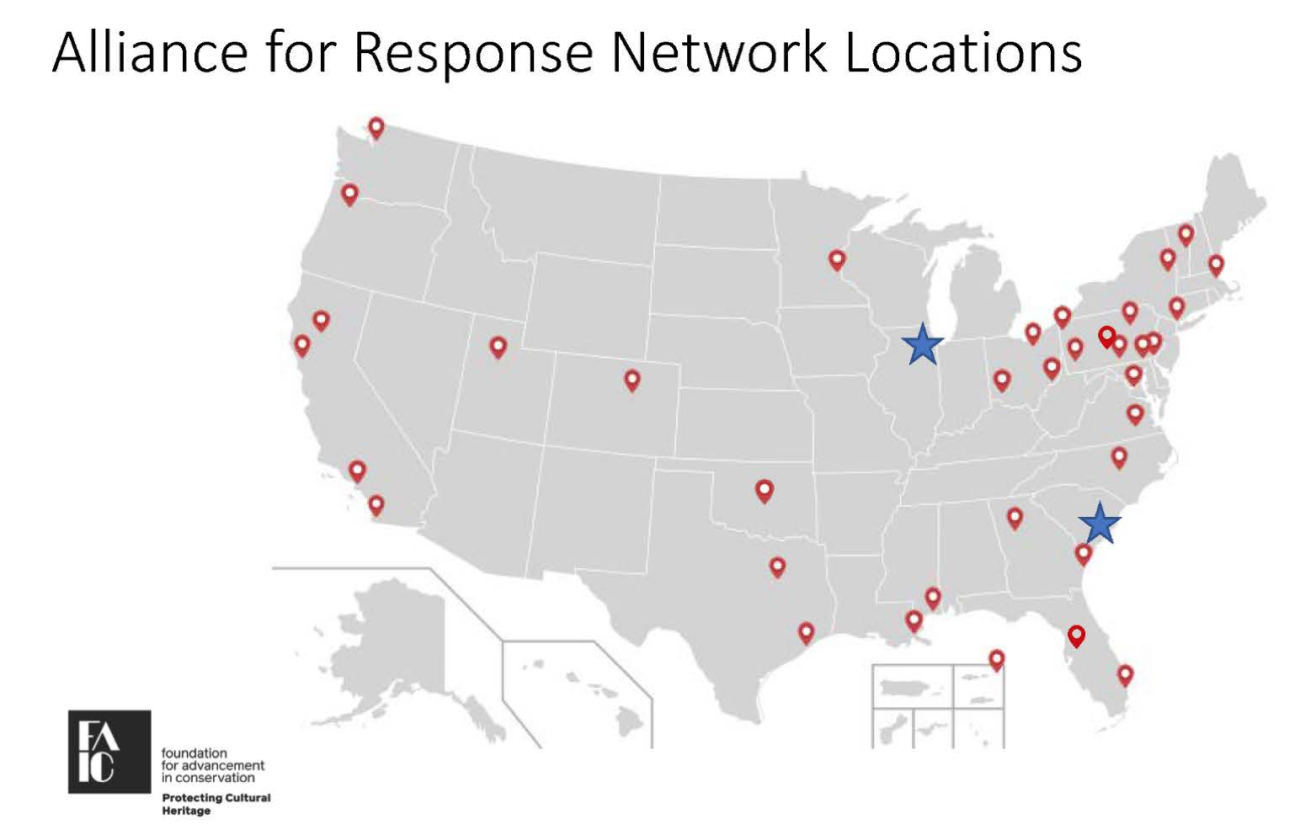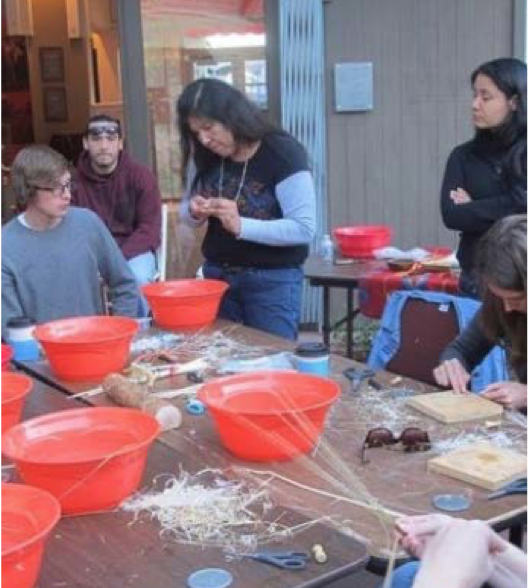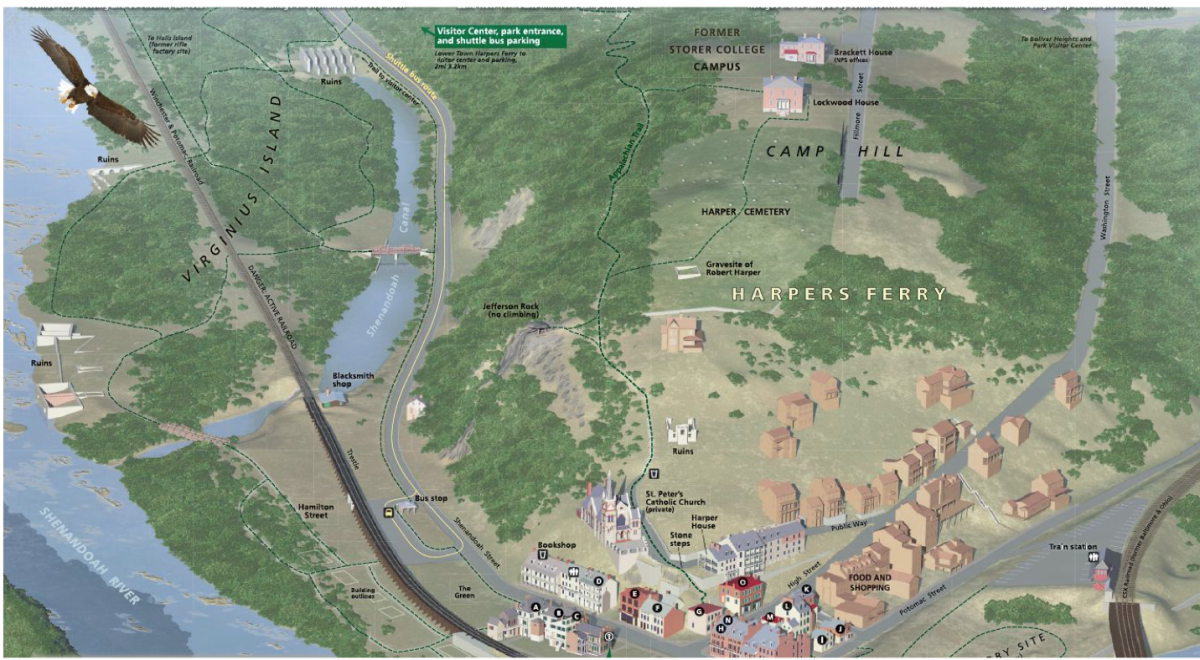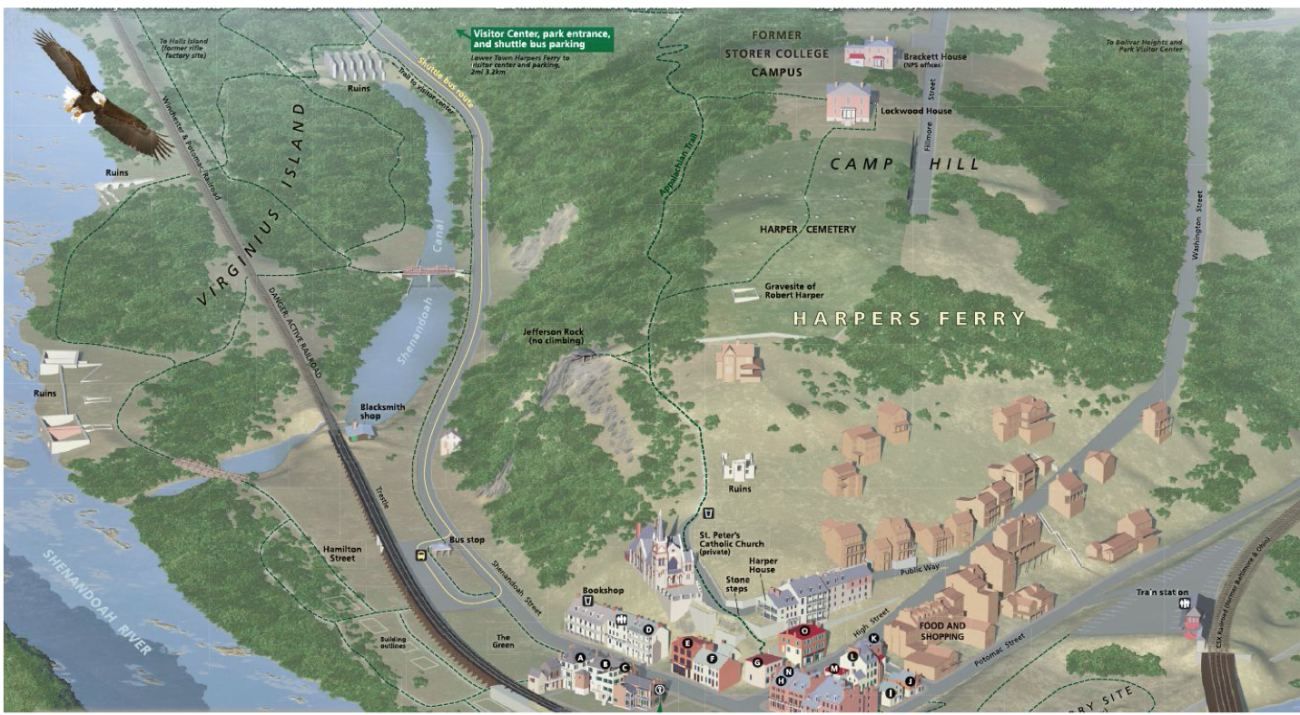December 2020 Awards in Preservation & Access
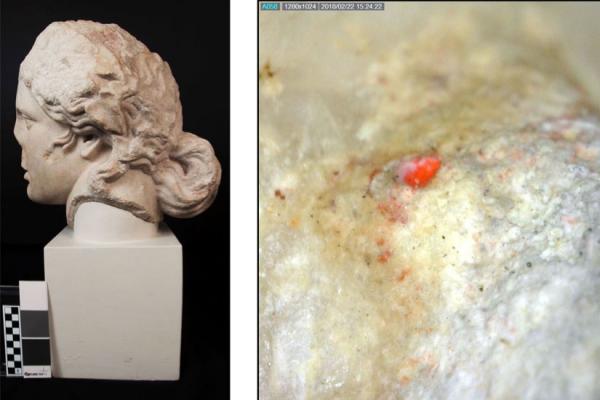
Marble head of Bacchus (KM 1974.4.1, left) with a trace of unidentified red pigment discovered in the sculpture’s mouth (right). The University of Michigan received a Tier I R&D award for "Advancing the Technical Study of Color in Archaeological Collections."

Marble head of Bacchus (KM 1974.4.1, left) with a trace of unidentified red pigment discovered in the sculpture’s mouth (right). The University of Michigan received a Tier I R&D award for "Advancing the Technical Study of Color in Archaeological Collections."
Congratulations to the following institutions! Eleven awards were made for Preservation & Access Education and Training projects. Six awards were made for Research and Development projects.
PRESERVATION AND ACCESS EDUCATION AND TRAINING
Conservation Center for Art and Historic Artifacts, Philadelphia, PA
Award: $349,217
A preservation field service program that would build capacity for collection stewardship at small and medium-sized collecting institutions through three main activities: 1) Preservation Planning, 2) the Regional Heritage Stewardship Program, and 3) Education and Training Programs.
Foundation for Advancement in Conservation, Washington, DC
Award: $217,359
The establishment of new Alliance for Response (AFR) networks in Chicago, Illinois and Charleston, South Carolina; development of response team training courses for Minnesota-based and nationally-distributed individuals; creation of continuing education webinars on emergency preparation; and the building of online resources to support these efforts and increase sharing of expertise among the 32 existing AFR networks throughout the United States.
Miami University, Oxford, Oxford, OH
Award: $349,442
A continuing education training program in archival methods for community-directed language revitalization that would contribute to capacity-building efforts for access to language archives. Activities include training that combines distance-learning with direct technology support from the National Breath of Life archives team; support for five apprentices; and opportunities to network with other community archivists.
New York University, New York, NY
Award: $150,000
Online and in-person training for up to 24 students studying archaeological and preventive conservation, including student stipends and summer work placement support.
New York University, New York, NY
Award: $341,806
Scholarships for 32 internships as part of New York University’s Moving Image Archiving and Preservation (MIAP) program. Twenty semester-long scholarships of $7,000 each would place students in New York City cultural heritage institutions, while another twelve summer scholarships at $10,000 each would place them at institutions across the country.
University of California, Los Angeles, Los Angeles, CA
Award: $250,000
Three years of community collaboration training, internship support, and student stipends for three incoming graduate students to the UCLA/Getty Master’s Program in the Conservation of Archaeological and Ethnographic Materials.
University of Hawai'i at Manoa, Honolulu, HI
Award: $350,000
A six-week summer institute to provide education and training to 20 early to mid-career Native Hawaiian and Pacific Islanders working in museum and heritage centers throughout the Pacific, including Hawai'i and United States Island Areas. The institute would focus on museum management and collections care for institutions, professionals, and communities that care for Oceanic collections.
Utah Division of Arts & Museums, Salt Lake City, UT
Award: $347,604
Establishment of the Utah Community Preservation Program, which would train professionals across the state who manage humanities collections. One conservator would be hired to coordinate the program and serve as lead instructor for a series of twenty-four online and eight in-person trainings and workshops over the course of two years the program would also train seven cultural heritage professionals, geographically distributed throughout the state of Utah, to act as an ongoing Community Preservation Team.
Virginia Museum of Fine Arts, Richmond, VA
Award: $345,815
A three-year Preservation Training Initiative in conservation and archives, offered to students at different levels (nine undergraduate interns, one master’s intern, and three post-graduate fellows in conservation), as well as four continuing education workshops, for 30 participants each, for museum professionals from across the state of Virginia focusing on collections care and archival management.
WGBH Educational Foundation, Boston, MA
Award: $186,917
Two webinar series plus three in-person workshops to train preservation practitioners in PBCore, a metadata schema designed to organize and provide access to audiovisual collections. The applicant would also translate the PBCore website into Spanish, which would broaden use of the metadata schema to include Spanish-speaking heritage institutions in the United States and abroad.
Wisconsin Library Services, Madison, WI
Award: $342,740
The development of partnerships with six tribal institutions to advance digital preservation and curation learning opportunities, which would include three one-year fellowships at partner institutions, workshops and discussions for 25 tribal cultural workers to develop a community of practice, and service-learning projects for 15 graduate students.
RESEARCH AND DEVELOPMENT
George Mason University, Fairfax, VA
Award: $349,677
The development of modern Optical Character Recognition and post-correction tools tailored for Indigenous Latin American languages through a multilingual benchmark, software package, web interface, and digitized data to be returned to the Archive of the Indigenous Languages of Latin America (AILLA).
Moving Image Preservation of Puget Sound, Seattle, WA
Award: $217,265
A Tier II project to develop opensource software and training documentation for the preservation of digital videotape collections, a prevalent format from the mid-1980s to the late 2000s for recording news broadcasts, home movies, oral histories, and artistic and ethnographic performances.
Rochester Institute of Technology, Rochester, NY
Award: $350,000
A three-year Tier II advanced research project to develop a diagnostic methodology for cultural heritage institutions to monitor and adjust room-level pollutant concentrations while implementing sustainable preservation strategies.
University of California, Los Angeles, Los Angeles, CA
Award: $75,000
An eighteen-month research project to develop models, tools, and a strategic plan for teaching sustainability in cultural heritage conservation programs. Funding would support a research associate for the duration of the project who would coordinate activities between UCLA faculty, Getty Conservation Institute scientists, and an outside advisory board consisting of engineers, architects, and conservators with demonstrated expertise in sustainability.
University of Hawaii, Honolulu, HI
Award: $296,203
A three-year Tier II project to develop best practices for creating audio descriptions of humanities collections for the blind, visually impaired, and deaf-blind.
University of Michigan, Ann Arbor, Ann Arbor, MI
Award: $46,595
The development of a research workflow and protocol based on capacity-building technical research in color studies using X-ray fluorescence spectroscopy (XRF) and multi-spectral imaging (MSI) techniques to study archaeological collections at the Kelsey Museum of Archaeology.
